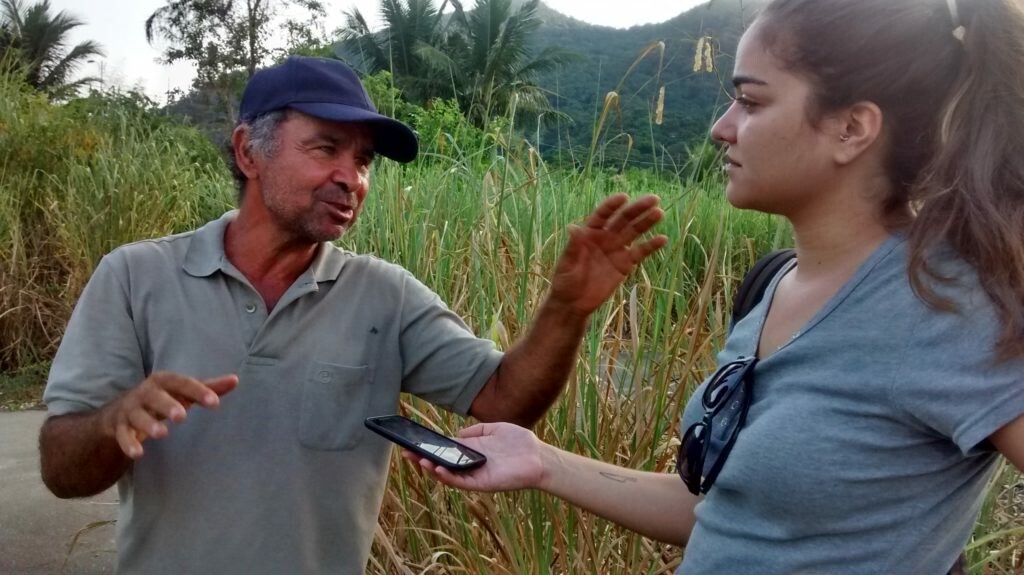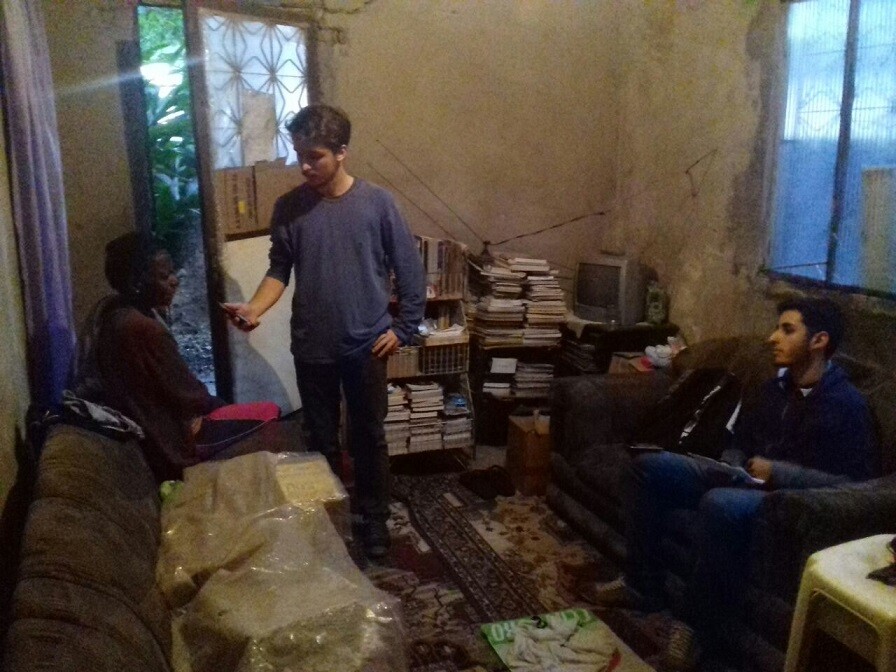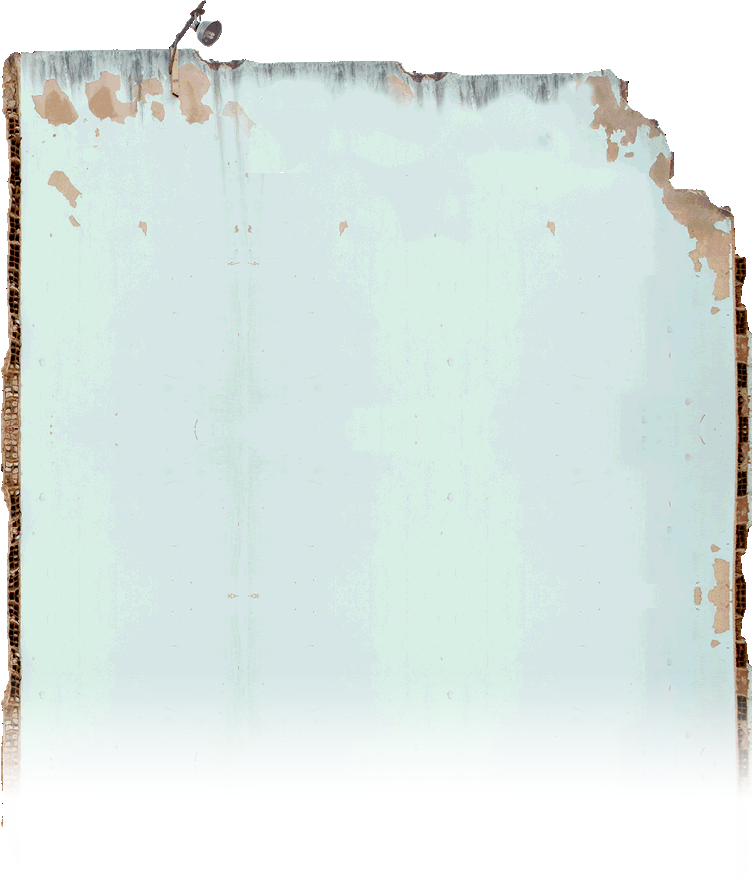Agência Pública | 20 July 2016
The story behind the 100 stories
Project 100 is a real journalistic marathon.
This special report seeks to investigate what happened after the evictions caused by the major works built for the Olympics in 2016. It is a moment in which the journalistic thirst for news tends to die off, leaving an essential part of the story untold: where were these families removed to? Did people’s lives improve? Were the authorities’ promises fulfilled?

There are no detailed, verifiable official data about the Olympic evictions in Rio, which are restricted to the massive demolitions which occurred in the name of the World Cup 2014. Given the lack of information about this painful story, we decided to do the obvious thing: listen to the families expelled from their homes.
To do this, we used as a parameter the estimate of the Popular Committee of the World Cup and the Olympics in Rio de Janeiro regarding the three main works listed as Legacies of the Olympics and the World Cup – the Transolimpica bus rapid transit system (BRT), the Transoeste BRT and the Porto Maravilha (Marvellous Port) – and the works to reform the Maracana stadium, the main stage of the football games during the mega sporting event. The committee identified 2,548 families evicted just as a result of these works. We decided to listen to 100 of them, a meaningful sample of the total (about 4%). It is the biggest multimedia investigation yet into evictions related to the Olympics. The stories, told on camera by the victims themselves, can be used by researchers, journalists and public policy formers as a primary source of information. It is a live database of Olympic evictions.

It wasn’t easy. Our reporting team, made up of four women, spent months making contact with ex-residents, community leaders, NGOs, the Popular Committee, and pastoral groups. We also knocked on doors in the housing estates built to receive this contingent, the condominiums built for the Minha Casa, Minha Vida (My House, My Life) programme.
Bit by bit, these families started opening their doors to us and telling their stories. Many conquered the fear imposed on them by frightening conditions – such as the constant vigilance of militias in the condominiums – to tell us what happened after the eviction, after the TV cameras and dictaphones had been switched off. The stories collected here reveal frightening patterns which without doubt will be one of the greatest legacies of the forced evictions because of the mega sporting event. A summary of these revelations is in the article “What we found”.
In May, we had the help of 19 students from ESPM Rio, thanks to a partnership co-ordinated by professor Monica Mourao and journalism co-ordinator Pedro Curi. These brave students learned a bit about how to make reports during their two weeks with us, by treading the streets. They dealt with long journeys on public transport, mud on their shoes, visits to insalubrious places, many “no’s” and lots of tears during the investigation.
Thanks to their efforts, we managed to register 100 stories told by the residents themselves. They were produced in a multi-media format and made available for the team of creative editor Olga Lucia Lozano in this online special, in which the reader can navigate as they wish, allowing for a multiplicity of readings and discoveries.
The design was created by the Colombian designer Lorena Parra and the website was implemented by the Iranian-Dutch developer Babak Fakhamzadeh. Click here to meet the team that made this project a reality.
Project 100 goes beyond this internet site. It is more than a multi-media journalism site. Artistic objects in Casa Publica complete the project. Casa Publica is the first cultural centre for journalism in Brazil, in Botafogo in Rio de Janeiro, a transformation of journalism into new languages – photography, art, installation – that together form the first transmedia special in Agencia Publica.
Welcome and enjoy the journey! Go to the main page.
100 was a winner of the 2016 Vladimir Herzog Award for Human Rights Reporting.



